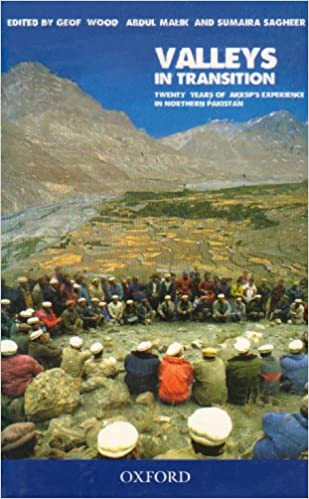Northern Pakistan, comprising its Northern Areas and Chitral (NAC) is one of the most rugged and mountainous regions of Central Asia. This region is located among four of the highest mountain ranges in the world, including the Himalayas, Karakorum, Pamir and Hidukush ranges. To address the widespread poverty and vulnerability in these remote mountain valleys, the Aga Khan Foundation in 1982 established the Aga Khan Rural Support Programme (AKRSP). The social mobilization experiment initiated by AKRSP has been a success and it influenced and continues to influence many of those interested in addressing rural poverty not only in Pakistan, but also in other developing countries. Fortunately this book is not about legitimatizing the poverty impact of AKRSP’s presence in this region, which is well known and is supported by several external and internal evaluations. Instead, this book is a reflective account of twenty years of its work, authored and edited by a group of practitioners and thinkers who were associated with AKRSP in various ways.
Based on review and field work, the book discusses the evolution of the programme over the last twenty years that has witnessed several changes in the nature of poverty, livelihood options, development discourses, donor and government interests,

